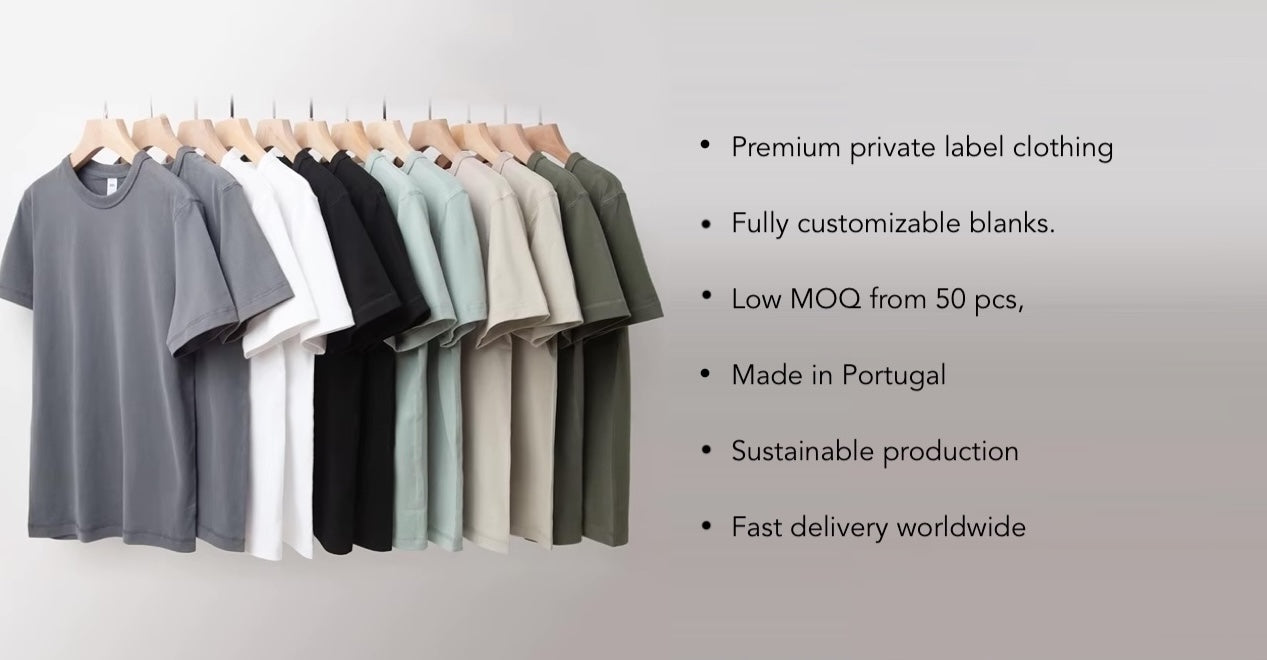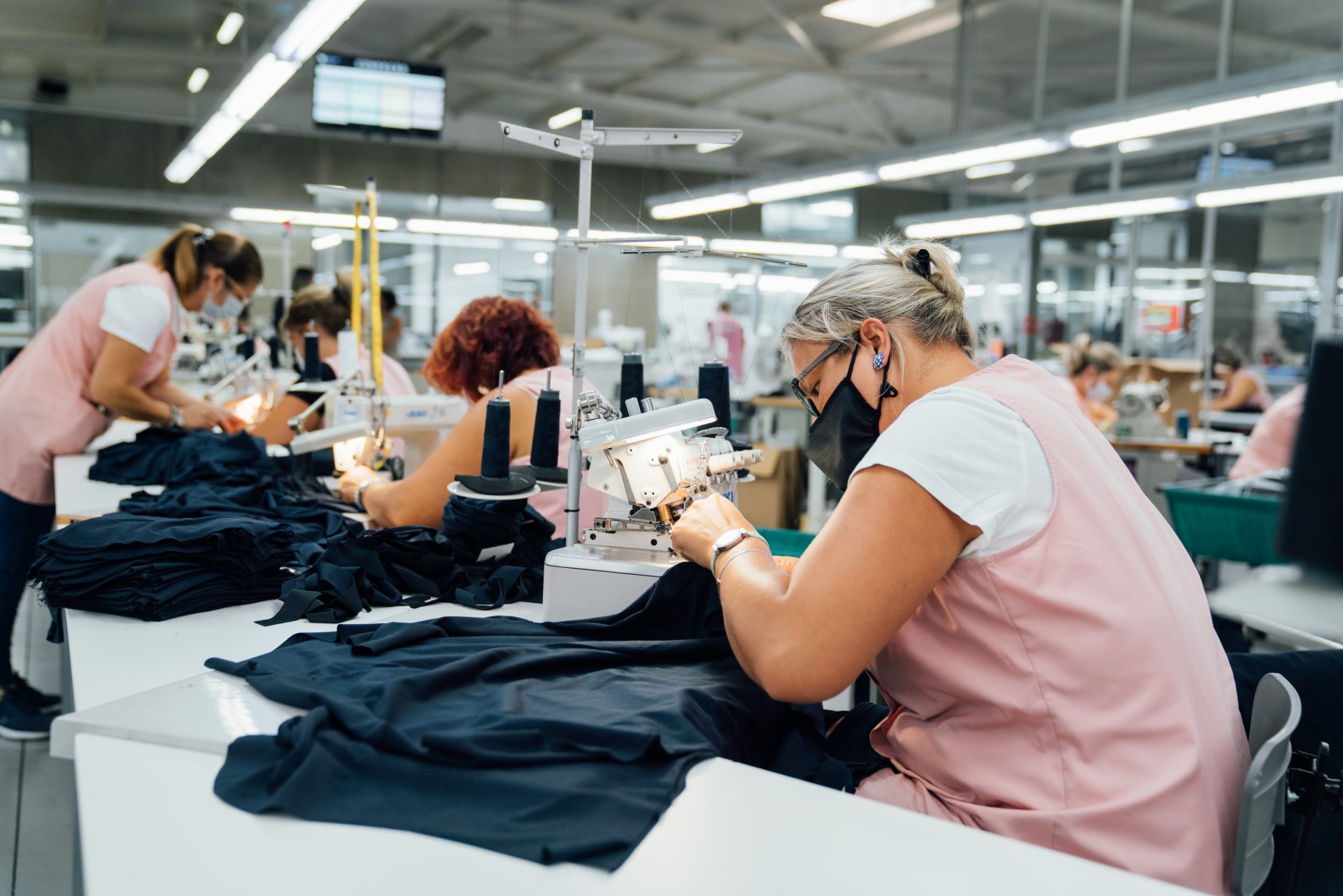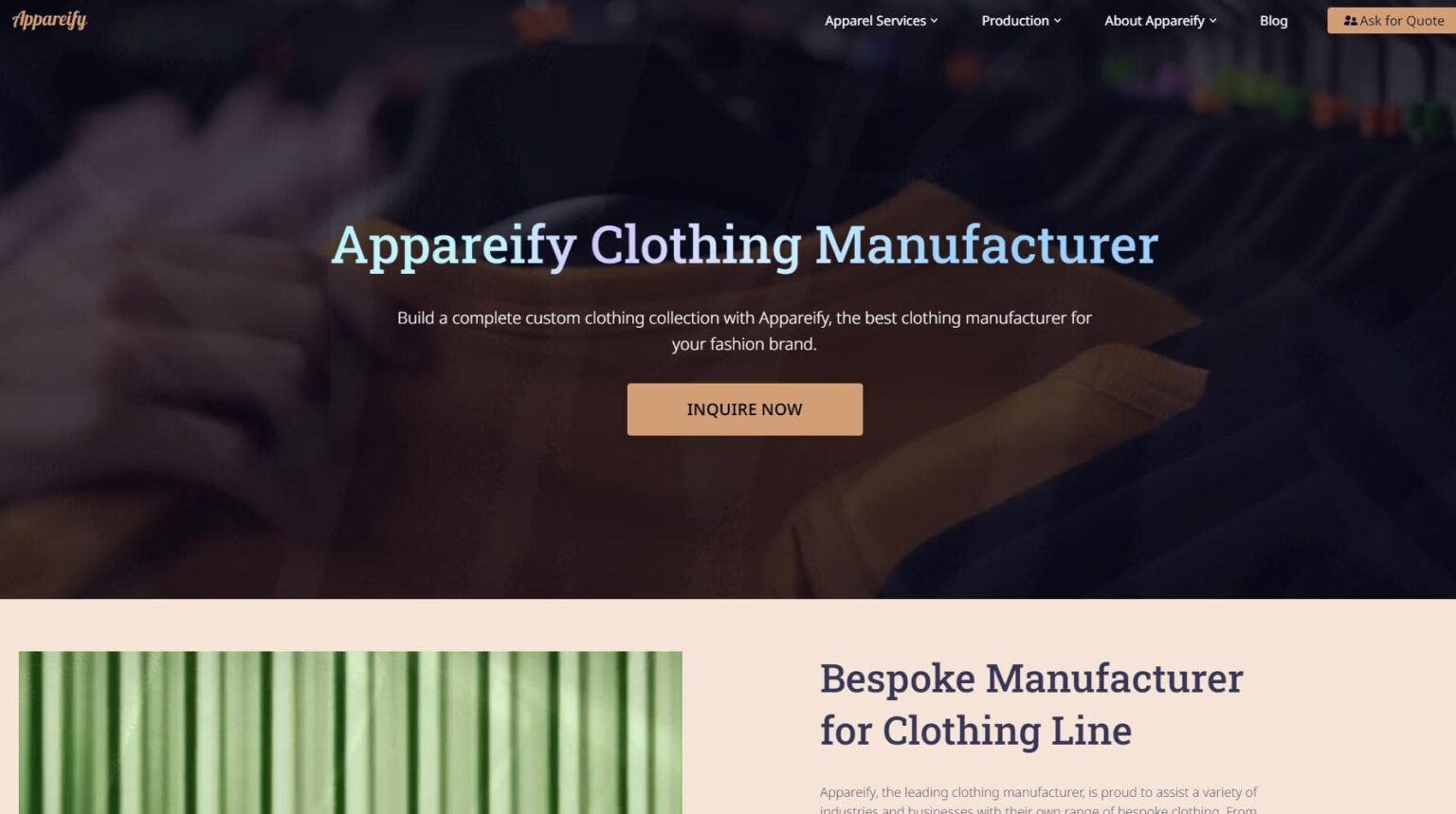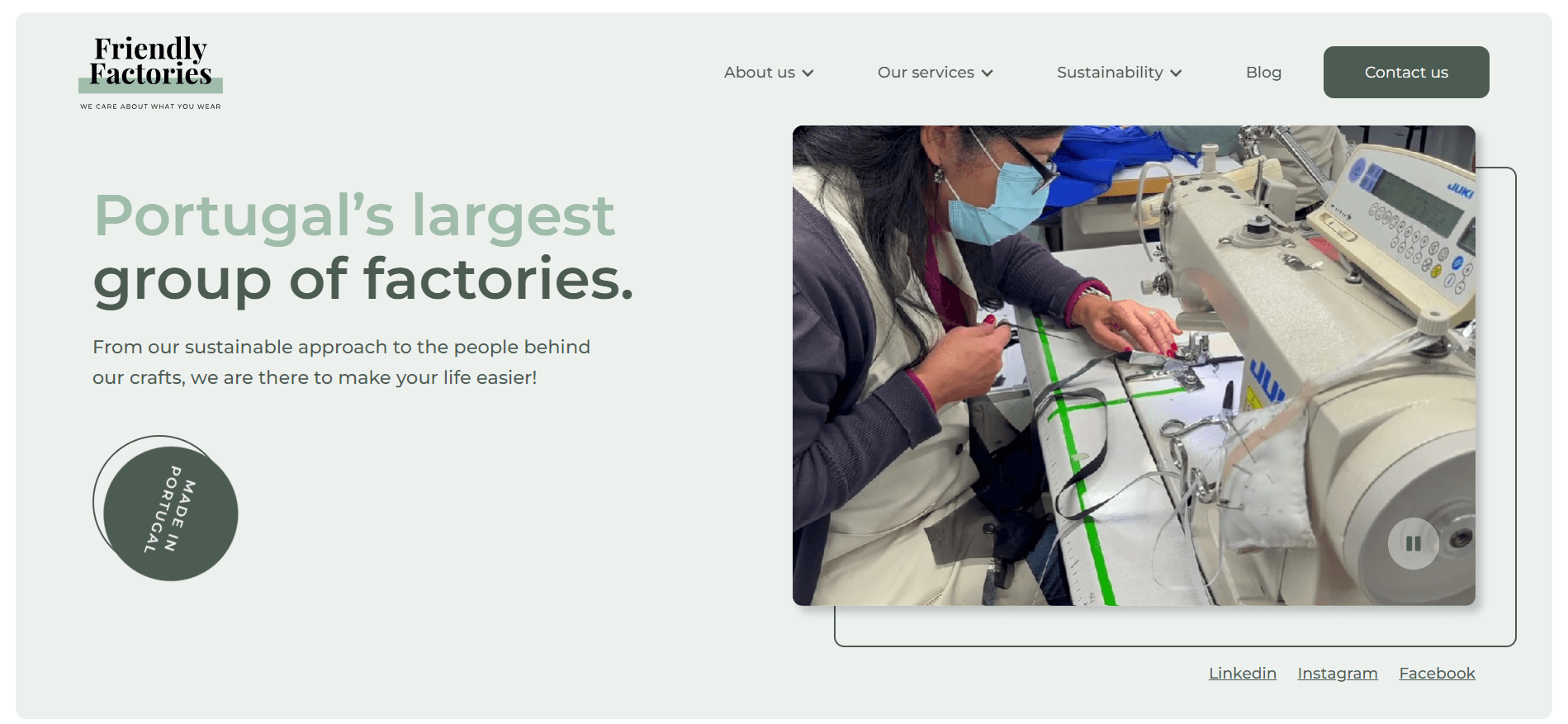Portugal Clothing Manufacturers Low Moq

Portuguese clothing manufacturers are aggressively courting smaller brands and startups by offering unprecedented low Minimum Order Quantities (MOQs). This shift is disrupting the traditional garment industry and creating new opportunities for entrepreneurs.
This article breaks down how Portugal's textile industry is adapting to meet the growing demand for flexible manufacturing solutions, giving smaller companies access to high-quality production without the burden of large upfront orders.
A New Era of Apparel Production
For years, high MOQs have been a major barrier to entry for emerging fashion labels and independent designers. Many struggle to meet the large minimum order requirements of typical overseas factories. These demands often lead to significant financial risk and inventory management challenges.
Now, Portugal is emerging as a haven for brands seeking flexible manufacturing. Portuguese factories are increasingly willing to accept smaller orders, sometimes as low as 50-100 pieces per style, enabling startups to test the market and scale production gradually.
Key Advantages of Portuguese Low MOQ Manufacturing
Several factors contribute to Portugal's growing appeal. A skilled workforce, advanced technology, and a commitment to ethical and sustainable practices are all contributing to this trend.
Proximity to European markets offers shorter lead times and reduced shipping costs compared to manufacturers in Asia. This is particularly beneficial for brands targeting the European consumer base.
The adoption of advanced digital printing and cutting technologies allows for greater customization and efficient production of smaller batches. This allows manufacturers to cater to the specific needs of niche brands.
Portugal's commitment to sustainable production aligns with the growing consumer demand for eco-friendly apparel. Many factories utilize organic cotton, recycled materials, and water-saving dyeing techniques.
Who is Benefitting?
This shift is primarily benefiting independent fashion designers, small e-commerce brands, and startups. These companies, previously excluded from accessing high-quality manufacturing, can now compete with larger established brands.
According to a recent report by the Portuguese Textile and Clothing Association (ATP), the number of international brands sourcing from Portugal has increased by 15% in the last year. This highlights the growing confidence in the country's manufacturing capabilities.
Furthermore, Portuguese manufacturers are actively promoting their low MOQ services through online platforms and trade shows. This includes collaborations with sourcing agencies specializing in connecting smaller brands with suitable factories.
The Impact on the Industry
The rise of low MOQ manufacturing in Portugal is having a ripple effect throughout the apparel industry. It fosters innovation, empowers entrepreneurs, and promotes greater transparency in the supply chain.
However, some challenges remain. Smaller brands may still face difficulties negotiating pricing and securing favorable payment terms. It's crucial to conduct thorough due diligence and build strong relationships with manufacturers.
Industry experts predict that this trend will continue to grow as technology advances and consumer preferences evolve. Brands are increasingly demanding more agile and responsive supply chains.
Next Steps
The ATP is actively supporting initiatives to further promote Portugal as a leading destination for low MOQ apparel manufacturing. This includes investing in training programs for workers and promoting sustainable practices.
Brands interested in exploring manufacturing options in Portugal should research potential partners and request samples to assess quality and capabilities. Attending trade shows like Modtissimo and Première Vision can provide valuable networking opportunities.
The development of dedicated online platforms connecting brands with verified Portuguese manufacturers is also underway. This will streamline the sourcing process and facilitate greater transparency.


















